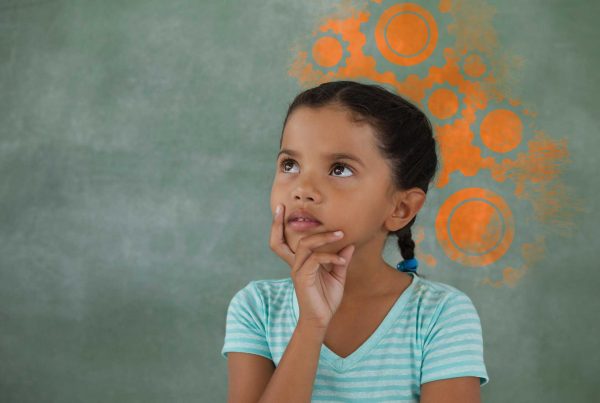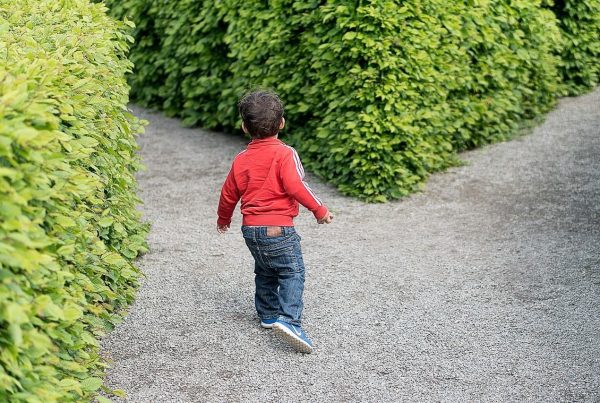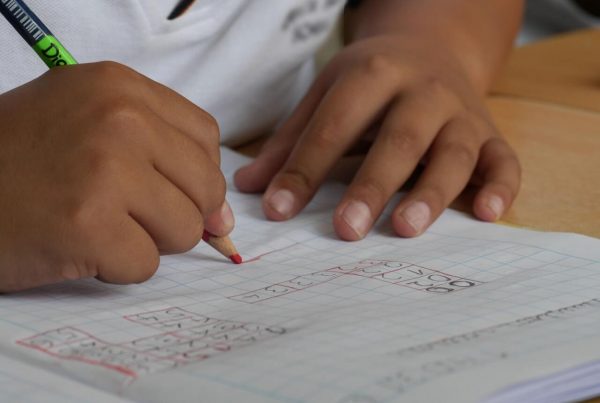Social - Emotional Learning
Social and Emotional Learning (SEL) plays a crucial, yet often under-appreciated, role in a child’s development. Social-emotional skills are the abilities to regulate and demonstrate one’s behaviors, thoughts, and emotions. These skills directly influence how children perceive themselves and engage with other people. Social-emotional learning challenges can manifest as problems cooperating with others, a lack of empathy, inability to regulate emotions, and difficulties in maintaining positive relationships. Children who can efficiently make sense of their thoughts and emotions are better prepared to deal with various challenges as they advance through life.
Young children with social-emotional learning issues can become isolated from their peers, harbor negative perceptions of self-worth, and struggle in day-to-day schoolwork. For example, children who are unable to coexist with classmates can feel disconnected from them, become more impulsive, and consequently, reject school altogether. Since all social interactions require well developed emotional dexterity, when these problems are unaddressed, they can lead to stunted development in many areas of life.
For adolescents, having social-emotional learning challenges add to the emotional stress during this transitional stage into adulthood, which can have many negative consequences. For example, adolescents who are bullied and ostracized in their adolescence can develop depression and anxiety, and even experience more aggressive behaviors. Left unchecked, the inability to regulate one’s thoughts and emotions can spiral into a series of self-destructive behaviors.
In fact, the reality is that social-emotional skills can hold the same weight as cognitive abilities. Unless a person lives in isolation, having strong social-emotional skills are pertinent to thriving successfully in life, since they indicate one’s conscientiousness, agreeableness, emotional stability, and the capacity to engage with others and the environment. Social-emotional skills even correlate with moral framework—how a child interprets what’s right from wrong. When these skills are addressed and developed, the child has a better chance of being a positive contributor to the classroom, your home, and eventually society.
Unfortunately, social-emotional skills aren’t often addressed in the classroom, leaving many children feeling isolated and left behind. At Little Thinker’s Center, we have a different approach. We understand that children must develop strong social-emotional skills to reach their fullest potential. We provide Social Thinking games and activities that are tailored to each child’s individual level to nurture compassion, empathy, and an understanding and acceptance of differing perspectives. Our curriculum is built from Jean Piaget’s theory of child development, and is designed to address the specific needs of each child.
When children enter the program, they are thoroughly assessed to identify areas of need and strength. Our program is comprised of activities and exercises that expand a child’s social repertoire for handling interpersonal situations while nurturing healthy self-expressions. As a result, the child is able to form positive relationships, thrive in different environments, and achieve self-awareness and social-emotional confidence. Every child learns differently, and our curriculum helps them learn at their individual speed.
Is your child lacking social-emotional skills? Our Little Thinkers are put in the optimal environment for them to experience exponential growth. With stimulating activities, hands-on therapists, and a judgement-free environment, children are given what they need to reach their top potential.



